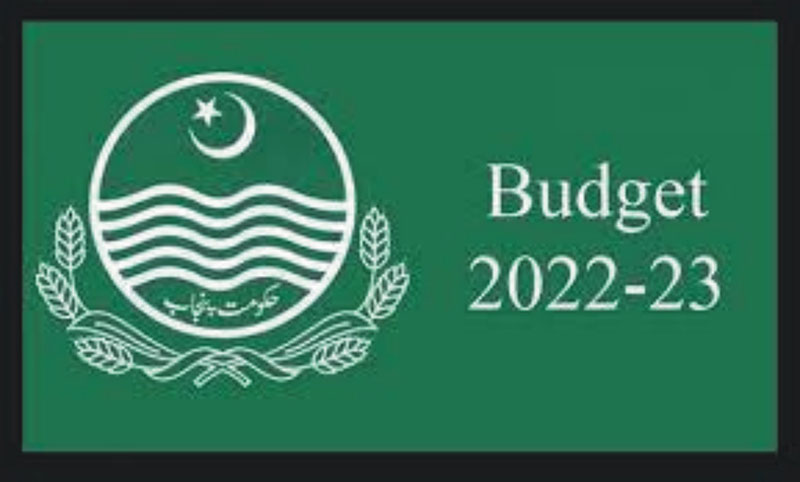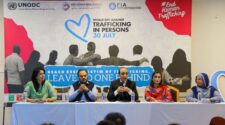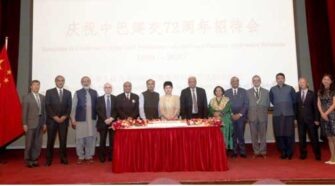By: Aqsa Qaswar
University of Sargodha
This research paper examines the weaknesses found in South Asia, particularly in its top five countries, Pakistan, India, Bangladesh, Sri Lanka, and Nepal. It discusses how these vulnerabilities affect the region’s progress and stability, as well as their impact on global security and human rights. To address these vulnerabilities, a host of recommendations have been put forward, such as promoting dialogue, stronger cooperative ventures, and bolstered governance structures. The essence of the paper is that it is urgent to give greater attention to tackling security threats while also promoting peace-building initiatives within South Asia by protecting basic human rights.
Introduction:
This research paper provides an overview of the security, peace, and human rights vulnerabilities in South Asia, focusing on the five main countries of the region: India, Pakistan, Bangladesh, Sri Lanka, and Nepal. It examines the root causes of these vulnerabilities and their impact on the region’s stability and development. Extremism and other transnational threats are among the potential outcomes that could be fueled by these vulnerabilities, so South Asia’s peace situation and security risks can be addressed through increased regional and global cooperation and measures to protect human rights. The paper aims to address how security threats permeate into issues with peace-building efforts becoming vulnerable to human rights abuse at large in the South Asian region, and requires a collaborative and inclusive approach that places priority on everyone’s welfare and rights.
Literature Review:
South Asia has a fascinating history dotted with diverse cultures, but it is burdened by security threats and problems concerning peace and the protection of human rights. These vulnerabilities are exacerbated by territorial disputes and geopolitical tensions, religious and ethnic tensions, economic disparity, weak institutions and corruption, ineffective institutional structures and poor policymaking, gender inequality and discrimination against minorities, and curtailments to freedom of expression. Policymakers and scholars have examined these vulnerabilities in depth to reveal valuable insights on their root causes and possible solutions. The issue of South Asian security is not isolated from those of peace or human rights vulnerabilities, and to deal with these challenges effectively, we need a multifaceted plan that has at its core an emphasis on ensuring that everyone’s welfare and rights are protected.
Research Methodology:
This research paper is based on a qualitative research methodology to explore the vulnerabilities of peacekeeping efforts and human rights violations in South Asia. It uses reputable sources such as The United Nations or The World Bank to reinforce the argument that security breaches, human rights vulnerabilities & peace uncertainties weaken regional development & stability. The research methodology included conducting interviews with a range of individuals who are considered to be subject-matter experts in South Asian studies, scholars and policymakers, and representatives from
various civil societies. The qualitative methodology uncovers complex aspects that highlight vulnerabilities related to security risks and human rights concerns that exist within South Asia, and a holistic view of both hurdles facing the region and probable resolutions to these hindrances can be achieved by merging empirical evidence with qualitative examination.
Results:
The results of this research paper indicate that there are grave concerns regarding South Asia’s security and human rights situation, which may affect regional peace and prosperity. Territorial conflicts and political tensions pose a major threat to security, and the Jammu and Kashmir dispute between India-Pakistan is an ongoing issue. South Asian insecurity is partly attributed to religious and ethnic differences, and the struggle for maintaining peace and stability is also affected by wide-ranging economic disparities. The report shows a diverse picture of progress made in promoting and protecting human rights across South Asian nations, but there are obstacles related to gender inequality such as discrimination and restrictions on the right to express oneself or gather. The main objective for this approach should be prioritizing people’s welfare and entitlements within that specific region while simultaneously tackling root causes regarding hurdles with a view towards ensuring sustainable exclusionary growth.
Discussion:
This research manuscript highlights the interrelatedness of security dangers with peace preservation and human rights infringements in South Asia, calling for an all-inclusive plan to address these challenges. Possible solutions include promoting inclusive economic growth, improving governance by curbing corrupt practices, promoting interfaith and interethnic harmony, and educating individuals while engaging in dialogue. It is also important for the international community to contribute towards addressing the peace, safety, and human rights challenges faced by South Asia, and to support conflict resolution efforts alongside work on promoting human rights and regional economic development.
1.1 Internal Security Threats:
The South Asian region is facing internal conflict due to ethnic and linguistic differences, terrorism, insurgency, and communal violence. These threats are rooted in the past due to gets Vulnerabilities in South Asia
Recommendations:
This research paper recommends several measures to tackle the challenges posed by the security
threats and peace and human rights vulnerabilities identified in South Asia. These include promoting inclusive economic growth, resolving issues related to governance, promoting interfaith and interethnic harmony, supporting civil society organizations, connecting with the global community, adopting a gender-responsive approach, increasing regional liaison, and taking a comprehensive approach towards addressing security threats and human rights concerns. These measures can potentially serve as an initial measure towards promoting sustainable development with collaboration from policymakers, civil society organizations, and global communities within the region.integrations while encouraging people-to-people interactions via joint initiatives.
Limitations and Future Research:
This research paper provides valuable insights into the security, peace, and human rights vulnerabilities in South Asia, but it is not without limitations. It focuses only on a small group of countries located in South Asia, and relies on secondary data resources instead of primary ones.
Future research should address these limitations and provide a more comprehensive understanding of the challenges facing the region. To assess fully the impact of COVID-19 on South Asian nations’ peace and stability and respect towards fundamental rights, extensive research needs to be done. This research paper provides valuable insights into the security, peace, and human rights vulnerabilities in South Asia, but it is not without limitations. Future research should address these limitations and provide a more comprehensive understanding of the challenges facing the region.
Acknowledgements:
The contributions of various groups and individuals in conducting research on security threats and peace and humanity issues in South Asia are acknowledged. These include the World Bank, the UNDP, the Global Peace Index, Freedom House, the Global Terrorism Index, Human Rights Watch, Transparency International, the UNHCR, and the International Labour Organization (ILO). Additionally, the reviewers’ feedback and constructive suggestions played a significant role in improving the quality of the research paper. Thank you to all those who contributed to this research and to the wider community working towards addressing the security, peace, and human rights challenges facing South Asia.
Security, Peace and Human Rights Vulnerabilities in South Asia Abstract











